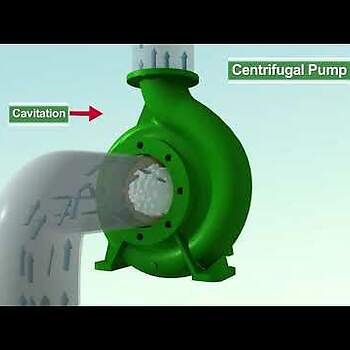Energy efficiency programs are often kicked off by energy audits. These can be either general audits or investment grade audits. The latter is the most detailed energy audit that analyses the financial aspects of energy savings and the return on investment from potential changes or upgrades. The audits are carried out by specialized agencies or firms that investigate each and every component of energy usage and cost, from office lighting to high lift pumps. The audits deliver an assessment of energy use and specific recommendations for measures, including the description and cost of proposed energy saving investments and the anticipating reduction in energy use and/or cost.
Energy Efficiency
Saving money and going green
Excepting those lucky enough to operate gravity systems, water utilities generally have significant energy cost, most of it for the abstraction, conveyance, treatment and distribution of water to customers. Often this involves long distances and high pumping heads.
In the case of one Kenyan utility a saving of more than 60% on their power costs of about US$ 2.2 million per year can be achieved by a combination of energy management measures. The payback period of the related investments of about US$ 2.5 million is about two years only. About 70% of the cost savings can be achieved by only 3 measures: the installation of high efficiency pumps and ditto motors, and the installation of solar panels to provide power for pumping water. The other 30% will come from seven other measures with equally short payback periods.
Apart from savings on power costs to the water company, the energy savings also contribute to company and Kenyan national policies to reduce CO2 emissions and bolster climate resilience.
